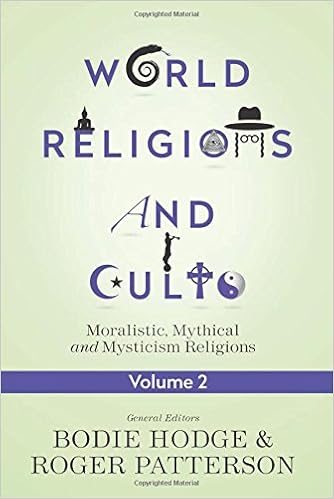The Inline Quran
By adding one line of code to your website, you can make every reference to the Quran on your webpage display the full passage on hover, and each reference will also become a link that will take the user to quran.com.
Sample
The following quote is taken from the God Contention website.
Allah, or God in English, created human beings with a specific purpose (Quran 51:56). To facilitate this, He chose from amongst humanity Messengers, to whom He revealed Scripture, to teach us how to fulfill our purpose in life (Quran 57:25; 4:165). Allah gave us all a limited amount of free will to determine the path that we take in life. We have a choice to follow His Commandments and fulfill our purpose, or to live a life contrary to the reason we've we've been created (Quran 91:7-10). He will raise up everyone who has ever lived and them as to how much they fulfilled their purpose, examining every deed they have ever committed (Quran 99:6-8). Those who strove to remain true to what they were created upon will be rewarded with everlasting bliss in Paradise, while those who ignored their purpose and followed their desires will be discarded to the Fire (Quran 79:37-41). Shaheed Williams
Usage
Basic Example
Make sure that your string of Quranic references begin with either the word "Quran" or the word "Surah". Casing does not matter. Then, at the foot of your webpage, just before the closing body tag, add the following HTML code:
<script type="text/javascript" src="https://presuppositions.org/software/inline-quran/inline-quran.min.js" ></script>
Here is a full example of the code in use in a sample HTML page:
<!doctype html>
<html>
<head>
<title>Quranic References</title>
<meta charset="utf-8" />
</head>
<body>
<h1>Quranic References</h1>
<p>We want to refer to the Quran. Therefore, we will.
(Quran 3:12-13; 5:7,9,12; 13:2)</p>
<script
type="text/javascript"
src="https://presuppositions.org/software/inline-quran/inline-quran.min.js"
></script>
</body>
</html>
Customization Example
The following example shows how to hide the "about" links that point a user to our website. All of the following code should be placed at the foot of the page, just before the closing body tag.
<script type="text/javascript">
var inlineQuran = {};
inlineQuran.settings = {
displayAbout: false
};
</script>
<script
type="text/javascript"
src="https://presuppositions.org/software/inline-quran/inline-quran.min.js"
></script>
The Inline Quran can be seen in action on the God Contention website. If you implement it on your website, please let us know and we may link to you.

Gilbert Guttlebocker, Defender of Dragons
Riveting, yet absurd; romantic, yet innocent; Gilbert Guttlebocker, Defender of Dragons is a little Roald Dahl, a little Harry Potter, and a little Chronicles of Narnia, all rolled into one. Timothy McCabe collaborates with the great Benedict Ballyhoot to bring you the novel of the century!

In Printed Form
Along with numerous other authors including Don Landis, Bodie Hodge and Roger Patterson, Timothy McCabe contributes analyses of various world religions and cults in this volume from Master Books.
Other Writings
"Did God have to be created? Why or why not?"
God was not created. If something is created, then it is necessarily temporal -- in other words, it changes over time. Specifically, it must begin to exist, and "beginning" is itself a temporal process. However, since the only things that are infinite are things that have no end, and since past time has ended, we can say with certainty that past time is not infinite, which means that past time had a beginning.
Continue reading...
Empiricism is false: a simple proof
Empiricism describes any philosophy which claims that all knowledge originates in experience, denying the validity of both deductive reasoning and divine revelation.
Continue reading...
"Could Christ have prevented his alleged crucifixion? If he could have but didn't, wasn't that suicide?"
"Could Christ have prevented his alleged crucifixion?" Generally, this type of question, "could someone have done other than what they did?" ultimately means, "was there a point at which the singular cause of the event was the will of the person involved?" If I have correctly understood the intent of the questioner, the answer is absolutely (John 10:18). "If he could have but didn't, wasn't that suicide?
Continue reading...